AeroGenie — Your Intelligent Copilot.
Trending
Categories
Operators Urged to Prepare Crews for Potential Leap Engine Smoke
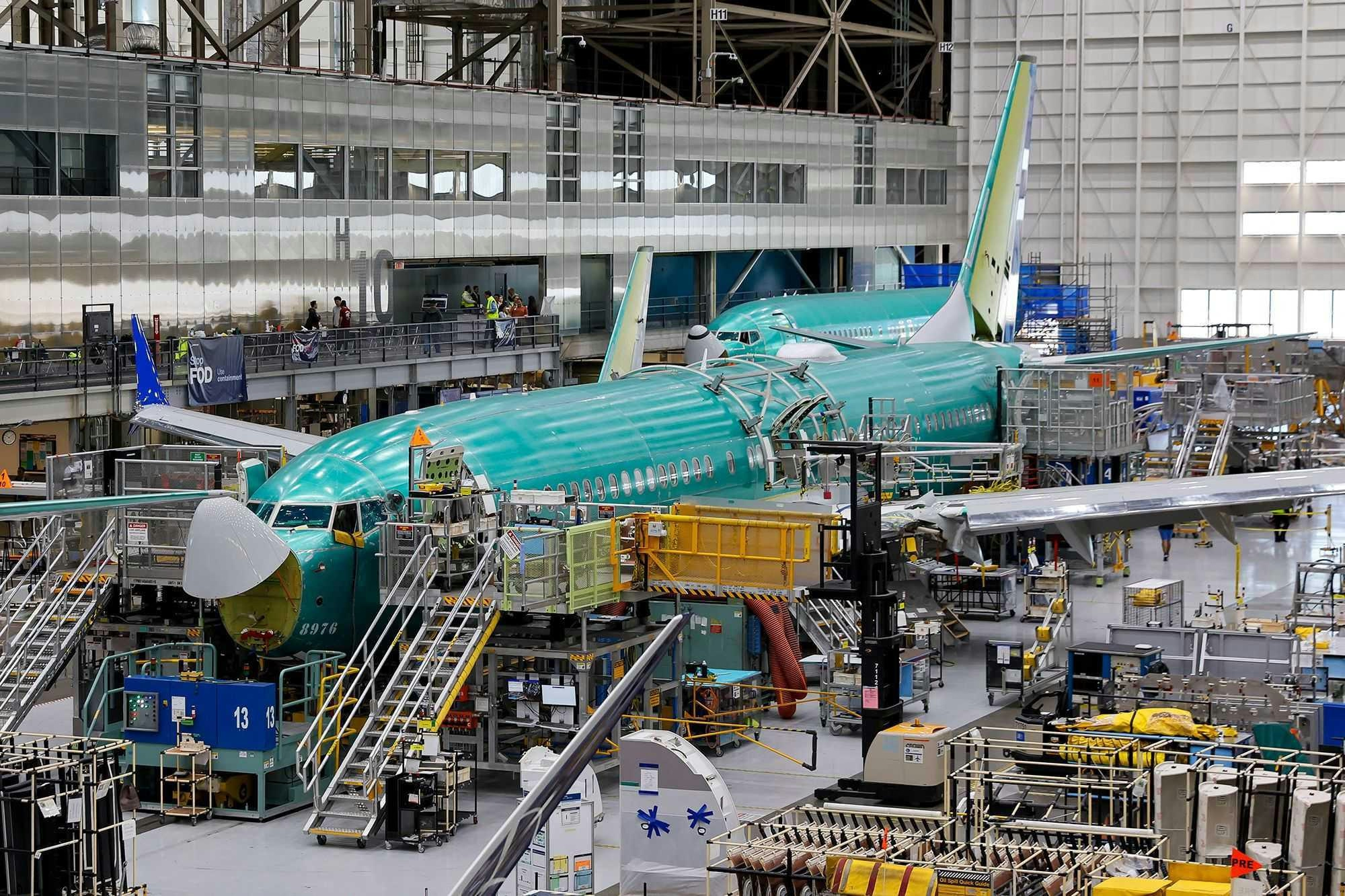
Operators Urged to Prepare Crews for Potential Leap Engine Smoke
Safety Concerns Surrounding Leap Engine Load-Reduction Devices
The European Union Aviation Safety Agency (EASA) has reported that Airbus A320neo-family aircraft have not experienced any load-reduction device (LRD) activation events involving CFM International Leap-1A engines. Nonetheless, the agency is urging operators to implement interim measures to prepare flight crews for potential smoke incidents. This advisory follows two recent occurrences of smoke events on Boeing 737 Max jets equipped with Leap-1B engines.
The LRD is a safety mechanism designed to reduce structural loads on the engine in cases where the fan becomes significantly unbalanced, such as after blade damage caused by bird strikes. While this device serves to protect the engine from further harm, its activation can inadvertently create a pathway for oil leakage into the compressor. This contamination can affect the bleed air supplied to the aircraft’s environmental control system, resulting in dense smoke within the cabin and cockpit. The smoke may persist until the affected engine is either shut down or its bleed system isolated, necessitating prompt and decisive crew action.
Recommendations for Crew Training and Operational Preparedness
EASA advises that pilots operating A320neo-family aircraft mitigate smoke contamination by adhering to established quick-reference handbook procedures for engine failure and smoke events. The agency is actively conducting safety assessments of LRD activations and is considering potential design modifications to address the risk of oil leakage. Meanwhile, operators are encouraged to clearly identify which aircraft in their fleets are equipped with Leap engines featuring LRDs. Flight crews should be thoroughly prepared for possible LRD activation and the associated smoke, particularly in scenarios involving severe engine damage or high vibration levels. EASA stresses that these situations must be comprehensively covered during crew conversion and recurrent training to ensure pilots fully understand the operational challenges posed by LRD events.
Industry Response and Ongoing Investigations
The potential for smoke incidents has intensified calls for rapid modifications to Leap engines on both Boeing 737 Max and certain Airbus models. These modifications aim to prevent smoke from infiltrating the cockpit or cabin following events such as bird strikes. The issue has attracted heightened scrutiny from regulators and the aviation market, raising concerns about possible delays in aircraft deliveries as safety fixes are developed and implemented. Competitors may also respond by introducing similar safety enhancements or refining engine designs to mitigate comparable risks.
CFM International, the manufacturer of the Leap engine, is incorporating lessons learned from initial durability challenges and is preparing a fix specifically for the Leap-1B variant. The U.S. National Transportation Safety Board (NTSB) has called for swift action to address these safety concerns, particularly in light of incidents such as the Southwest Airlines bird strike in December 2023.
As investigations and design improvements proceed, EASA’s interim recommendations highlight the critical importance of crew preparedness and transparent communication regarding aircraft configurations. Operators are advised to ensure that flight crews are adequately trained and equipped to respond effectively to LRD-related smoke events, maintaining safety as the paramount priority.
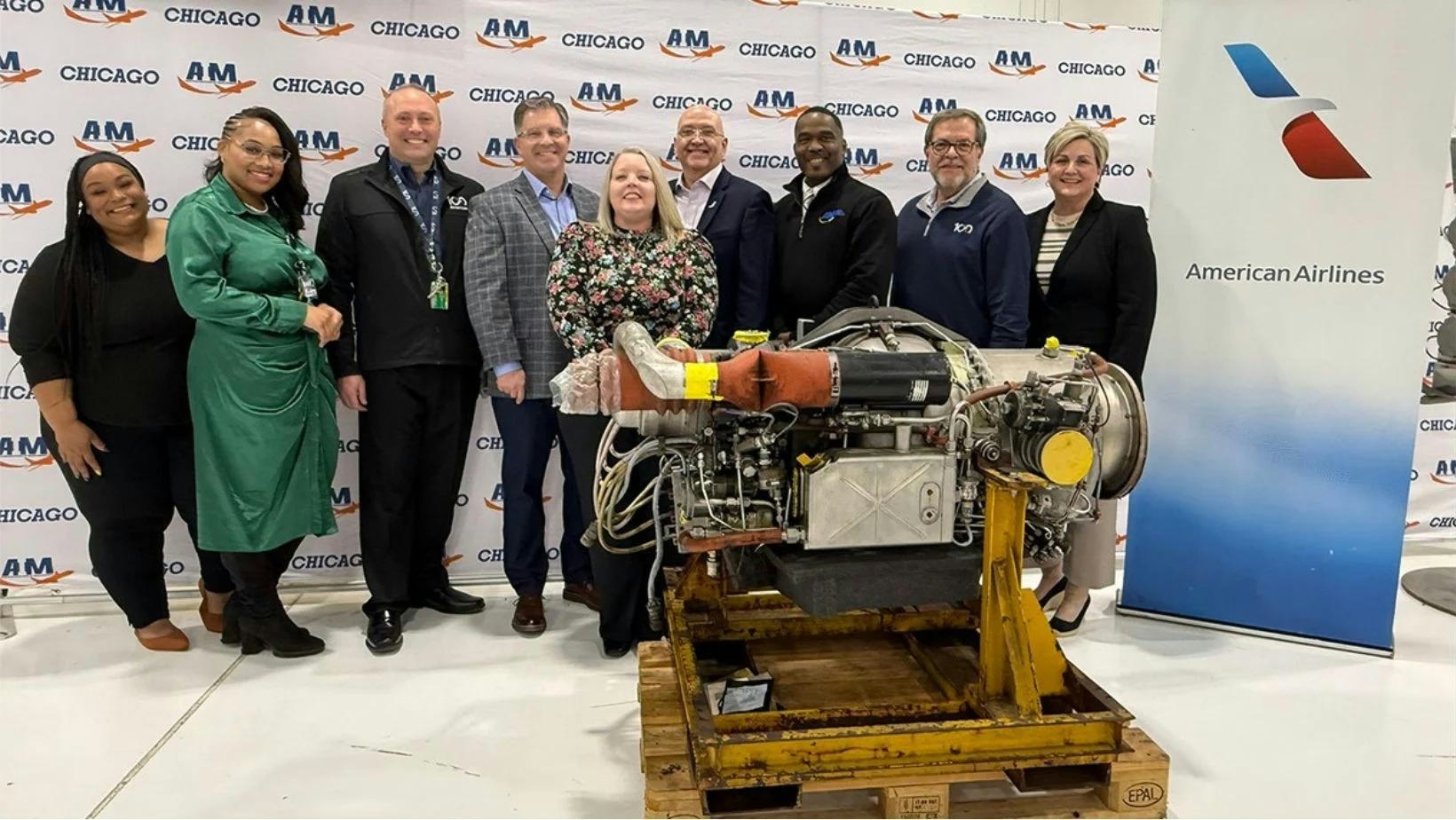
American Airlines donates APU to AIM Chicago for student training
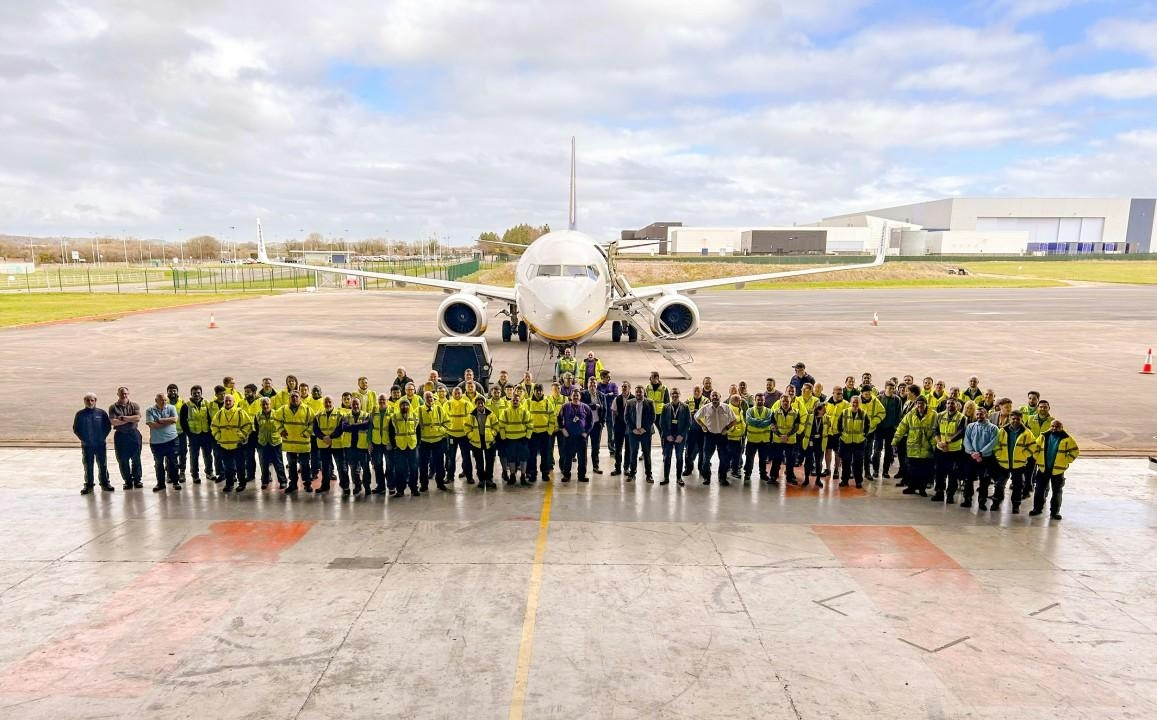
Steer Appointed Base Maintenance Manager at Caerdav
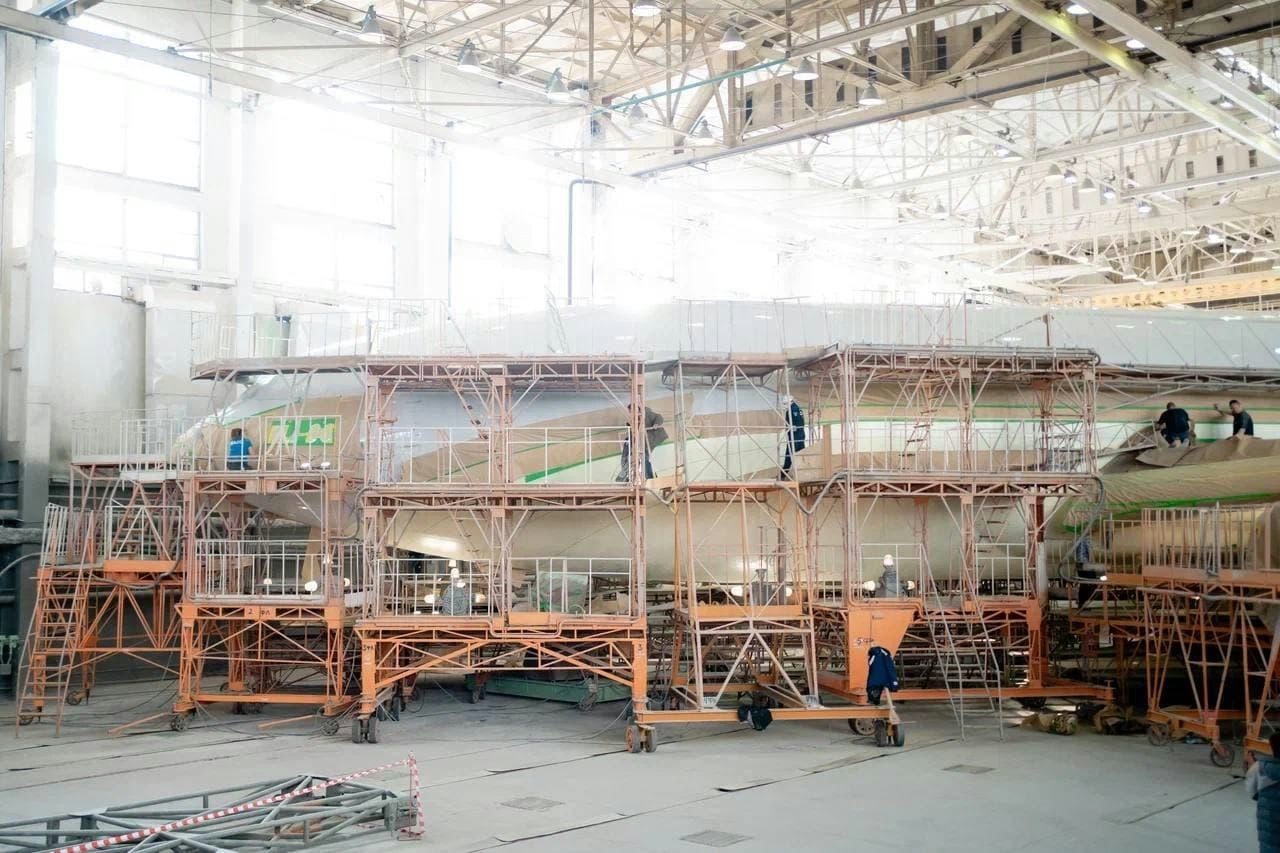
New Il-96 Wide-Body Aircraft Built in Russia; Customer Remains Undisclosed
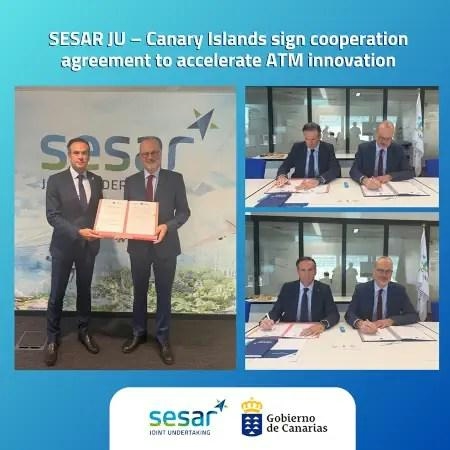
SESAR JU and Canary Islands Sign Agreement to Advance Air Traffic Management
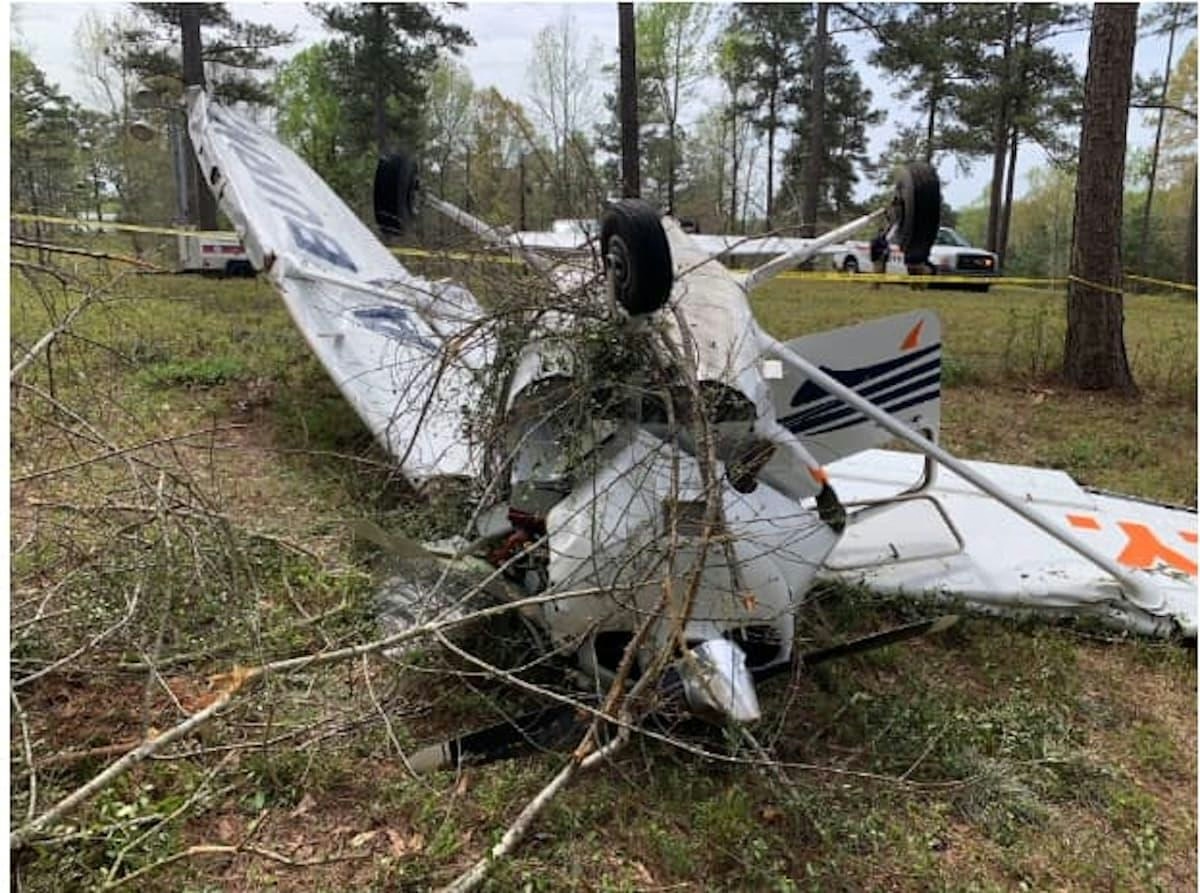
Contaminated Fuel Injector Causes Emergency Landing

Sahar Group Adopts Ramco Aviation Software to Support Growth
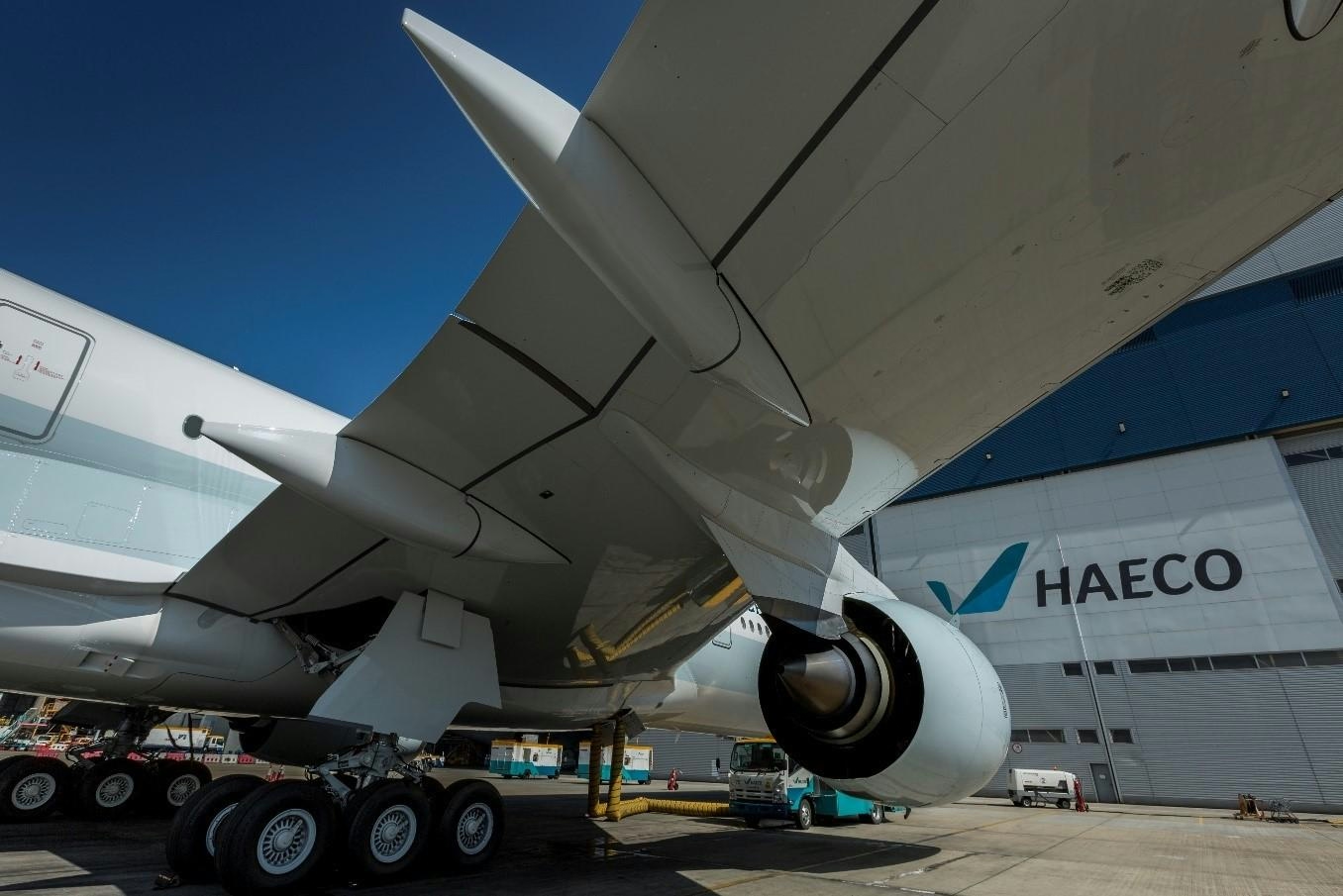
Deucalion Leases Three A330 Aircraft to Wamos Air

Acron Aviation Opens Global Headquarters in St. Petersburg, Florida

Will Uber and Joby Aviation Stocks Rise After Recent Announcements?
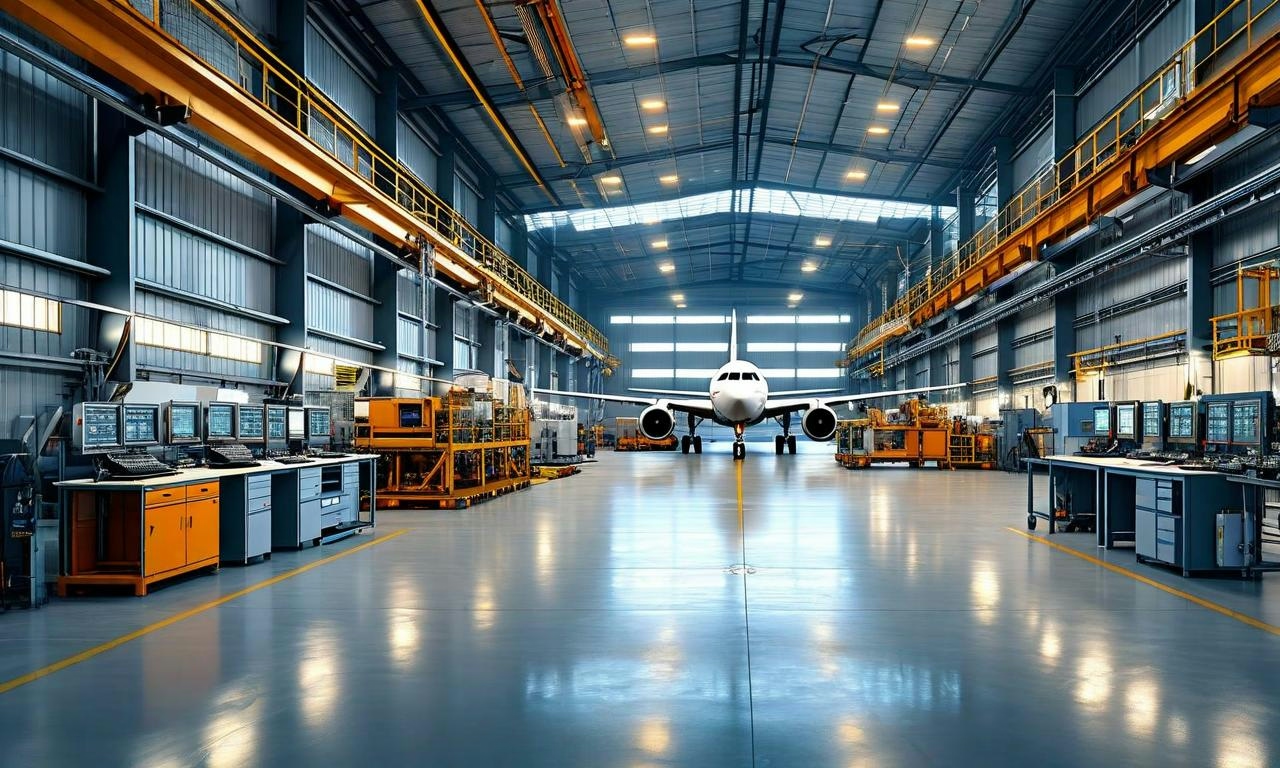
Ramco Systems Secures Aviation Software Contract with Sahar Group for MRO Digital Transformation
